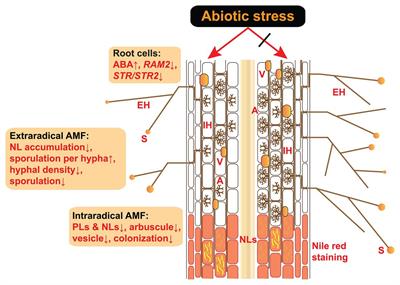ORIGINAL RESEARCH
Published on 22 Jul 2021
Characterization of Arsenic-Resistant Endophytic Bacteria From Alfalfa and Chickpea Plants

doi 10.3389/fpls.2021.696750
- 2,849 views
- 17 citations
16k
Total downloads
63k
Total views and downloads
ORIGINAL RESEARCH
Published on 22 Jul 2021

ORIGINAL RESEARCH
Published on 02 Jul 2021

REVIEW
Published on 17 Jun 2021

OPINION
Published on 31 May 2021

ORIGINAL RESEARCH
Published on 25 May 2021

ORIGINAL RESEARCH
Published on 20 May 2021
![Soybean Inoculated With One Bradyrhizobium Strain Isolated at Elevated [CO2] Show an Impaired C and N Metabolism When Grown at Ambient [CO2]](https://www.frontiersin.org/files/myhome article library/656961/656961_Thumb_400.jpg)
ORIGINAL RESEARCH
Published on 11 Mar 2021

ORIGINAL RESEARCH
Published on 12 Jan 2021

SYSTEMATIC REVIEW
Published on 09 Dec 2020

REVIEW
Published on 12 Nov 2020
